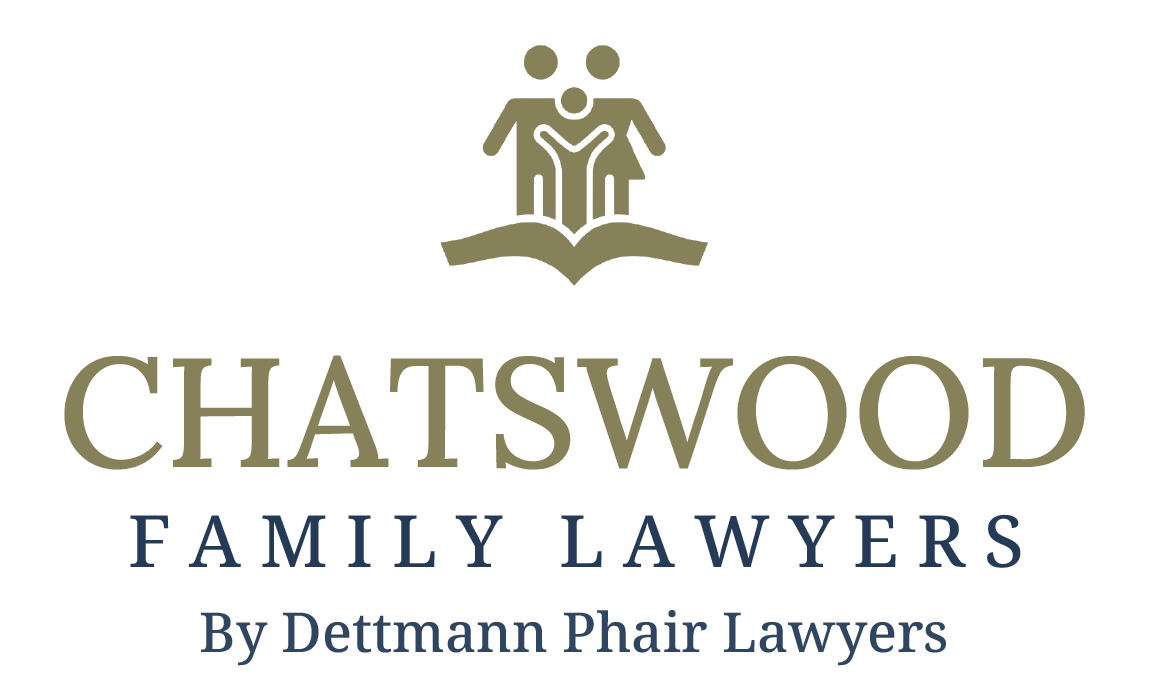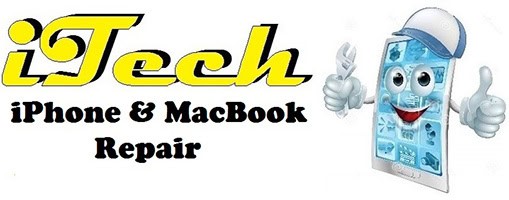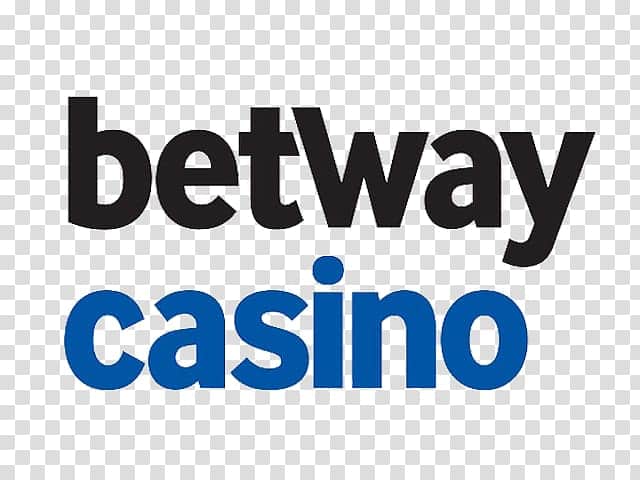Delve into the comparison of DAOs and LLCs with our detailed exploration of their legal structures. Understanding the differences between these two entities is crucial for entrepreneurs and organizations navigating the complexities of business formation in today’s evolving landscape.
Introduction
In the dynamic realm of business entities, DAOs (Decentralized Autonomous Organizations) and LLCs (Limited Liability Companies) represent two distinct approaches to organizational structure, each with its own set of advantages and considerations. DAOs have gained prominence with the rise of blockchain technology, offering decentralized governance through smart contracts and distributed decision-making. This innovative model allows DAOs to operate autonomously, with decisions executed automatically based on predefined rules encoded in smart contracts. This not only enhances transparency but also reduces the need for centralized authority, fostering a more inclusive approach to organizational management where stakeholders can participate directly in decision-making processes.
On the other hand, LLCs are well-established legal entities known for providing liability protection and operational flexibility in traditional business settings. Forming an LLC creates a separate legal entity that shields its members from personal liability for the company’s debts and obligations. This limited liability feature is a fundamental advantage of LLCs, offering peace of mind to business owners by protecting their personal assets from potential business-related risks. Additionally, LLCs can choose flexible management structures, allowing members to determine roles, responsibilities, and decision-making processes through an operating agreement tailored to the specific needs of the business.
Exploring how these structures differ in terms of governance, liability, and operational framework is essential for determining which model best aligns with your business goals and regulatory environment. DAOs, leveraging blockchain technology, emphasize decentralized governance and automation, ideal for projects requiring community-driven decision-making and transparency. However, the decentralized nature of DAOs raises unique legal challenges regarding liability, regulatory compliance, and jurisdictional oversight, as traditional legal frameworks may not fully accommodate decentralized autonomous entities.
Comparing DAOs and LLCs
Understanding DAOs
Overview of DAOs
DAOs (Decentralized Autonomous Organizations) are innovative entities operating on blockchain technology, revolutionizing traditional organizational structures by decentralizing decision-making and governance. Unlike traditional corporations or LLCs that rely on centralized authority figures, DAOs function autonomously through smart contracts, which are self-executing agreements with predefined rules encoded on the blockchain. These smart contracts automate various operational processes, including voting mechanisms, fund allocation, and project management, based on consensus among DAO members.
At the heart of DAOs lies the principle of decentralization, which removes the need for intermediaries and central authorities. This not only promotes transparency but also enhances efficiency by reducing bureaucratic layers and operational costs associated with traditional organizational models. DAOs enable direct peer-to-peer interactions among participants, fostering a community-driven approach where decisions are made collectively by the members rather than dictated by a single entity or hierarchy.
The flexibility of DAOs allows them to span a wide spectrum of complexity and scale. They can range from simple community-driven initiatives, such as decentralized social platforms or crowdfunding campaigns, to sophisticated ecosystems managing complex financial instruments, decentralized applications (dApps), and decentralized finance (DeFi) protocols.
Governance and Decision-Making
In DAOs, governance is typically decentralized, with decision-making power distributed among token holders or stakeholders who participate in governance proposals and voting mechanisms. Smart contracts execute predefined rules based on community consensus, enabling autonomous management of funds, project development, and protocol upgrades. This decentralized governance model enhances transparency and inclusivity, allowing stakeholders to actively participate in organizational decisions without reliance on centralized authorities.
Legal Considerations
From a legal standpoint, DAOs pose unique challenges due to their decentralized nature and reliance on blockchain technology. The lack of centralized control can complicate issues related to liability, regulatory compliance, and jurisdictional clarity. Determining the legal status of DAOs and their obligations under existing laws remains a topic of ongoing debate and regulatory scrutiny in many jurisdictions. While some countries have taken progressive steps to accommodate DAOs within their regulatory frameworks, others may require adaptation or clarification of laws to address the complexities posed by decentralized autonomous entities.
Understanding LLCs
Overview of LLCs
In contrast to DAOs, LLCs are well-established legal entities recognized in most jurisdictions worldwide. An LLC combines the limited liability protection of a corporation with the operational flexibility and pass-through taxation benefits of a partnership. LLCs are governed by operating agreements that outline management structure, member rights, and responsibilities, providing a clear framework for decision-making and organizational governance.
Governance and Decision-Making
LLCs are managed by members or managers appointed to oversee daily operations and strategic decisions. The management structure and decision-making processes are outlined in the LLC’s operating agreement, which serves as a contractual framework governing the rights and obligations of its members. Unlike DAOs, which rely on decentralized consensus algorithms, LLCs operate within a centralized management framework where decisions are made by designated individuals or a designated board of managers.
Legal Considerations
LLCs offer limited liability protection to their members, shielding personal assets from business liabilities and debts. This liability shield is a fundamental advantage of LLCs, providing security and risk mitigation for business owners. From a regulatory perspective, LLCs must comply with state-specific laws governing business formation, taxation, and reporting requirements. The regulatory environment for LLCs is well-established, offering clarity and predictability for businesses seeking to operate within traditional legal frameworks.
Summing Up DAOs vs LLCs
In conclusion, the choice between forming a DAO or LLC depends on various factors, including business objectives, governance preferences, and regulatory considerations. DAOs offer innovative solutions for decentralized governance and community-driven initiatives but face challenges related to legal clarity and compliance. LLCs, on the other hand, provide established legal protections and operational frameworks suitable for traditional business operations.
Understanding the distinct characteristics and legal implications of DAOs and LLCs is essential for entrepreneurs and organizations navigating the complexities of business formation and operational management. Whether choosing to embrace the innovative potential of DAOs or opting for the established structure of an LLC, businesses can benefit from aligning their organizational model with their strategic goals and regulatory environment to foster growth and sustainability in today’s competitive landscape.






